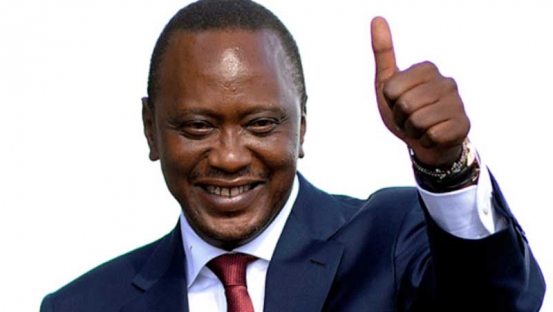×
The Standard e-Paper
Stay Informed, Even Offline

President Uhuru Kenyatta’s inauguration is scheduled next Tuesday for a second term that begins on the back of deep divisions and an economy struggling due to the protracted electoral dispute.
The decision on Monday by six Supreme Court judges to uphold his re-election in the October 26 repeat poll was a relief to the President and his supporters, but the harder task for him is to unite a deeply divided nation.